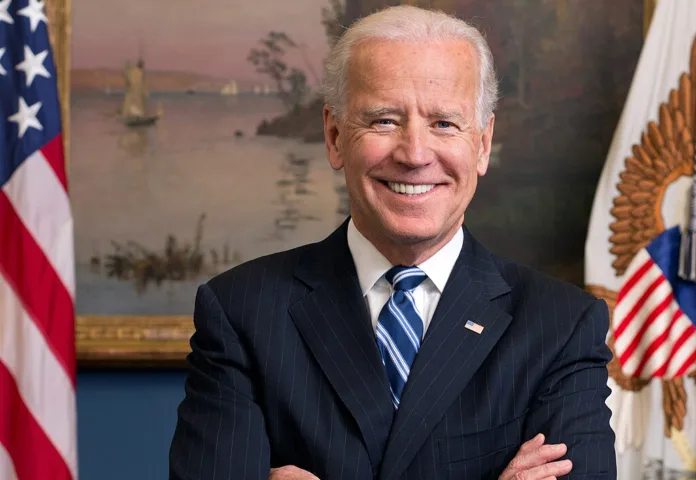U.S. Brokers deal halting conflict between Israel and Hezbollah after nearly a year of violence, with both sides agreeing to a permanent cessation of hostilities
President Joe Biden announced a significant ceasefire agreement on November 26, 2024, aimed at ending the prolonged conflict between Israel and Hezbollah, the Iran-backed militant group. The deal was secured with the help of the United States, with both Israel and Lebanon agreeing to the proposal, marking a crucial step toward stability in the region.
The ceasefire, effective at 4 a.m. local time Wednesday (9 p.m. Eastern Time Tuesday), follows nearly a year of intense fighting that has resulted in nearly 3,800 deaths in Lebanon and around 16,000 injuries. The hostilities have left vast numbers of civilians displaced, with over 300,000 Lebanese and 70,000 Israelis forced into refugee-like conditions within their own countries.
In his announcement, President Biden expressed relief at the breakthrough, noting, “Today, I have some good news to report from the Middle East.” He went on to explain that Israel and Lebanon had accepted the U.S.-brokered ceasefire, which would pave the way for the Lebanese Army and security forces to regain control of the border area. Over the next 60 days, Israel will gradually withdraw its forces from Lebanon.
Embed from Getty ImagesHowever, Biden was clear that the ceasefire does not apply to the ongoing conflict between Israel and Hamas, which continues in Gaza. He emphasized that Hezbollah and other terrorist organizations would not be allowed to threaten Israel’s security in the future. “This is designed to be a permanent cessation of hostilities,” Biden stated, adding that Israel reserves the right to defend itself should any group break the terms of the ceasefire.
In a joint statement with French President Emmanuel Macron, Biden affirmed that the ceasefire would provide an opportunity for residents on both sides of the Lebanese-Israeli border to return to their homes and allow lasting calm to take hold. The two leaders emphasized that this deal would secure Israel from future threats posed by Hezbollah and other groups operating from Lebanese territory.
Israeli Prime Minister Benjamin Netanyahu supported the ceasefire, urging the Cabinet to approve the deal and stressing that Israel would respond with severity if Hezbollah violated the terms. He reiterated that neither Israel nor Lebanon sought the war, and emphasized the critical role of international diplomacy in bringing an end to the violence.
The U.S.-led ceasefire is seen as a major diplomatic achievement amid a complex regional landscape. However, with tensions still high, the future remains uncertain, and both Israel and Lebanon face the challenge of maintaining peace amidst ongoing security concerns.
